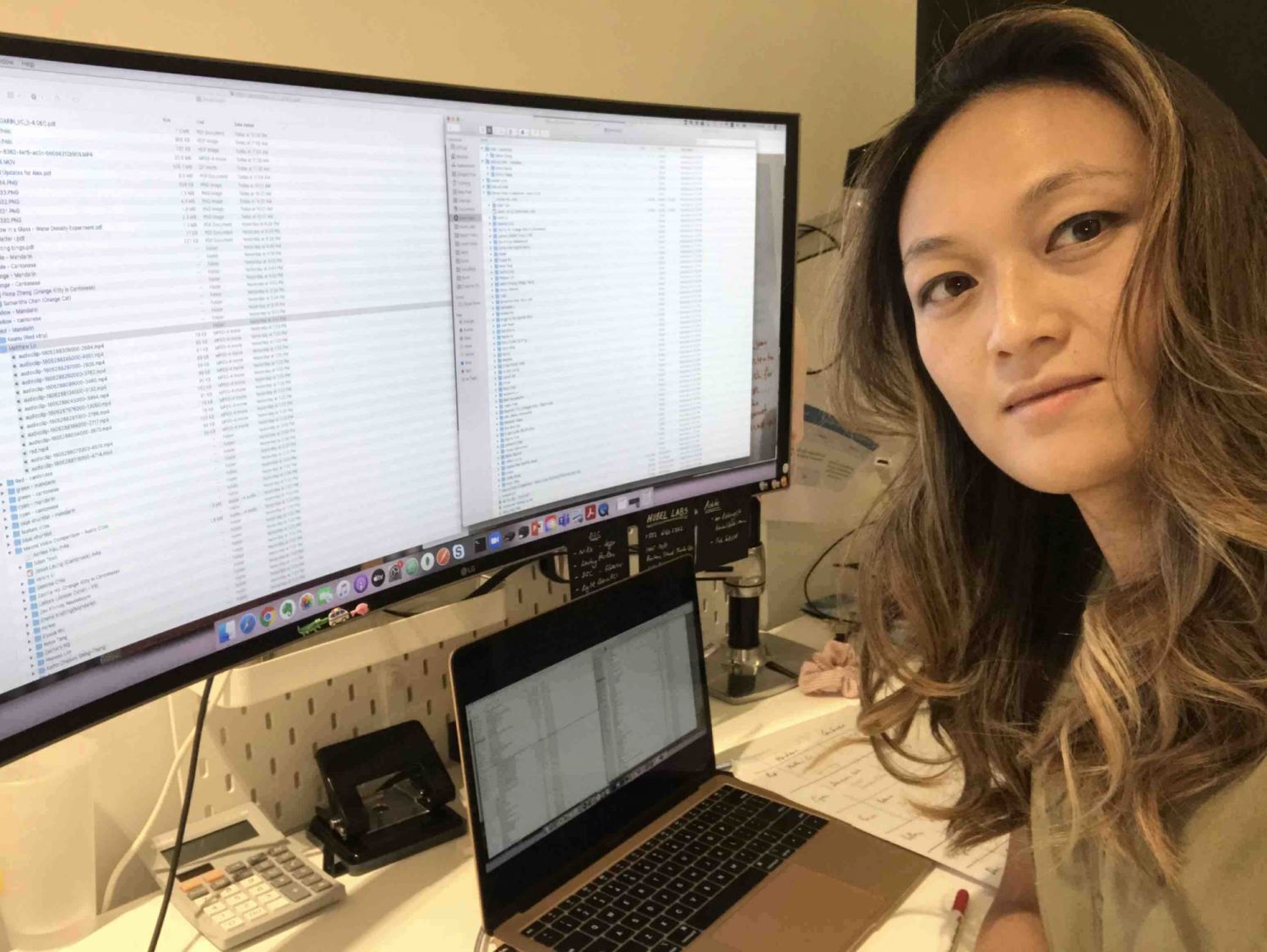With the recent regulatory reforms from the Stock Exchange of Hong Kong opening up at least 1,350 board appointments for women, experienced INED Lily Cheng reveals everything you need to know about the role of an INED and how to become a good one
Lily Cheng didn’t have any particular ambition to become an Independent Non-Executive Director (INED). But when she was approached by a headhunter while she was president of Asia-Pacific for TripAdvisor, it was an opportunity she considered, despite not knowing what to expect.
That first INED role, back in 2016, was for the board of a private-equity backed company in the UK. Cheng accepted in a move that would set a precedent for the future.
More opportunities followed including with companies in industries outside her areas of professional expertise—travel and technology. It was a time when the importance of diversity on boards was being recognised, but Cheng’s experience was also growing.
In 2018, Cheng joined the board of property developer, owner and operator Swire Properties, becoming the youngest INED nominated to the board of a Hang Seng Large Cap Index constituent. She would go on to join the boards of two other Stock Exchange of Hong Kong (HKEX) listed companies, namely Chow Tai Fook Jewellery and Sunevision, the technology arm of Sun Hung Kai Properties. She continues to hold all three board seats, alongside an INED role at Octopus Cards.
Since joining her first board, Cheng has often been the only, or one of two female INEDs in the room at board meetings, though change is afoot. “Of the boards I’m on now, there are at least two or three women,” she says. “And I do see a slow trend towards an increasing number of women on boards. So, it’s heading in the right direction, but not quite at the pace that we’d all like to see.”
In December 2021, the HKEX announced reforms to improve board gender diversity, requiring that single gender boards would no longer be acceptable and any all-male boards would be granted a maximum of three years to appoint at least one female board member. It's a move that will open up at least 1,350 board appointments for women. With this in mind, Cheng shares some of the things she has learned on her journey to becoming an INED, what other women can expect from the experience, and some advice for those looking to put themselves forward for such positions.

What do you wish you had known before you joined your first board?
I wish I had reached out to some of the more tenured women who have served on many boards. Having that type of coaching and mentorship would have been tremendously helpful at the time.
Is industry experience or board experience more important?
This was the question I had for Swire Properties when they approached me for a board seat. I said I had very little real estate experience in a professional context, and asked whether this was a board that I could add value to. Their response was quite interesting: they said they were the experts in real estate and there were other members of the board who are experts in real estate, and that what they really cared about was assembling a board that has diversity, not just across genders, but also across different industries and age groups. Many of the challenges that companies face are common not industry-specific, for example, how to recruit talent from the tech industry, or how to cultivate an innovative culture where it’s okay to fail.
I think part of the role of the board is to bring perspectives from other industries and other parts of the world into the boardroom so when decisions need to be made, they can be made in a wider context of what's happening in the world. In that regard, many boards like to have a composition where there are members from different areas of functional expertise, whether from accounting, legal, marketing or sales, and different industries.
What makes a good INED?
Firstly, and especially for someone who is transitioning or taking on the role from an executive role, it's having a very clear understanding of what the role of the board is and how the role of an INED is different from an executive.
I think there's a tendency for someone who's only been in an executive role to want to solve problems when they see them. But that’s not always the role an INED should take. As a board member, your role is to ask the right questions, make sure that the management team and CEO has access to the right resources, but not necessarily to dive in and try and solve things yourself. I think that’s a common mistake.
Talking to others who have been in INED roles before is hugely valuable in terms of putting yourself in the right mindset, as is going on the HKEX website and reading the listing rules on corporate governance to understand what the role entails and what your responsibilities are as there are legal and technical responsibilities that come with an INED role.
Secondly, a good INED is informed about the macroeconomic environment that the company is operating in. For example, in an executive role, it might be okay to just be focussed on your own functional area or industry. But as a board member you need to be aware of what's going on with regard to geopolitics, or interest rates, or imminent recession. Having a macro view of what's happening in the world is really important.
Thirdly, it’s having a strong EQ, good communication skills and some level of maturity in terms of how you communicate.



